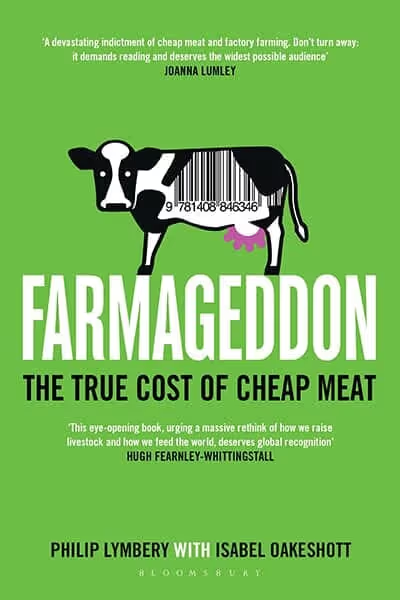Farmageddon
Farm animals have been disappearing from our fields as the production of food has become a global industry. We no longer know for certain what is entering the food chain and what we are eating – as the UK horsemeat scandal demonstrated. We are reaching a tipping point as the farming revolution threatens our countryside, health and the quality of our food wherever we live in the world.
- Our health is under threat: half of all antibiotics used worldwide (rising to 80 per cent in US) are routinely given to industrially farmed animals, contributing to the emergence of deadly antibiotic-resistant superbugs
- Wildlife is being systematically destroyed: bees are now trucked across the States (and even airfreighted from Australia) to pollinate the fruit trees in the vast orchards of California, where a chemical assault has decimated the wild insect population
- Cereals that could feed billions of people are being given to animals: soya and grain that could nourish the world's poorest, are now grown increasingly as animal fodder
Farmageddon is a fascinating and terrifying investigative journey behind the closed doors of a runaway industry across the world – from the UK, Europe and the USA, to China, Argentina, Peru and Mexico. It is both a wake-up call to change our current food production and eating practices and an attempt to find a way to a better farming future.
Once a virus gets into an intensive poultry shed it can move quickly through the flock, constantly replicating itself. Any ‘errors’ or changes to the genetic code during replication don’t get repaired: this is how the virus mutates and new variant strains emerge. The tragedy is that while intensive farms provide ideal conditions for the emergence of new aggressive disease strains, wild birds can then become infected too.






















































